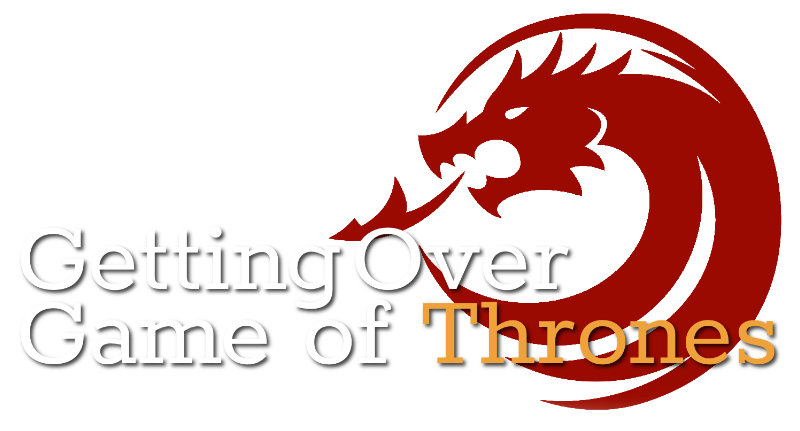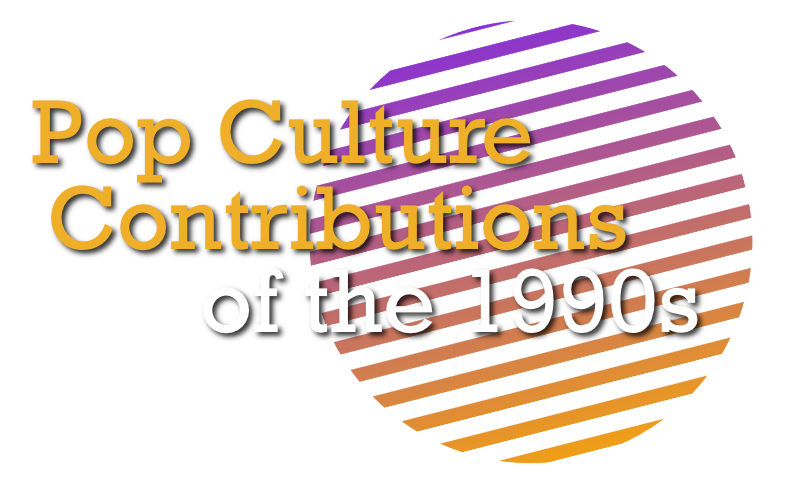|
BACK TO POP CULTURE
April 26, 2020: If the COVID-19 pandemic has done one thing extremely well, it's created plenty of time for us to do all those things we claim we never have time to do. I will admit that jumping down various YouTube rabbit holes wasn't really on my "to do" list, but it did give me time to revisit some classic teen television shows from the 1970s and 80s and reflect on little why some of them were pretty darn good in an era not known for its positive or authentic portrayals of young adults. I may turn this into a continuing series of articles, but for today I'm going to start with a mostly forgotten show from 1983: Whiz Kids. |
To understand Whiz Kids, you have to put it in context to the rest of popular culture in the early 80s. E.T.: The Extra-Terrestrial had just hit theaters the year before and gave us a peek into the lives and relationships of young people which felt not just authentic, but also familiar. They played Dungeons & Dragons, cursed effortlessly, tortured their younger siblings, and dressed how teens dressed — not how adults thought they should dress. Then in early '83, WarGames starring Matthew Broderick and Ally Sheedy killed at the box office. Again, its success was partially due to its young stars having a realness you didn't see in other teen TV shows and movies. (By way of comparison, consider that most of America saw young adults through the lens of Webster, Silver Spoons and Happy Days.) Broderick's portrayal of David in WarGames gave us our first modern teen nerd — a kid who was unapologetically bright, hopelessly awkward, and didn't give two shits what anyone thought of him. The film also introduced us a cyber-world we now accept as commonplace, but in the early 1980s was still a mysterious, dimly-lit wilderness filled with potential hazards only a few "whiz kids" understood and, in some cases, exploited.
Distilled from these influences, Whiz Kids was largely derivative but it mostly worked. The show's main character was a self-described computer hacker named Richie Adler. Played by TV veteran Matthew Labyorteaux, Richie had cobbled together an impressive computer system in his bedroom he called RALF. While Richie does well in school, his home life is fractured. His mother (Madelyn Cain) is newly divorced and his father works overseas and is rarely seen or heard from. He has a shrill younger sister named Cheryl (Melanie Gaffin), who is the poor man's version of Drew Barrymore's Gertie in E.T. With his friends Hamilton (Todd Porter), Alice (Andrea Elson) and Jeremy (Jeffrey Jacquet), Richie breaks into school computers and police dispatch centers alike. Sometimes he does this just to see if he can, but mostly it's to help out a local newspaper reporter or a police lieutenant (played respectively by Max Gail and A Martinez.) Although the show certainly showed the real-life repercussions to Richie's hacking (in one episode, agents of the National Security Agency raid his house), this theme also earned Whiz Kids tremendous criticism. One critic called the show "appalling" and many others claimed it would put bad ideas in teenage heads. I don't think any major hacking scandal was ever attributed to this one season, eighteen episode series, but the notion that teens were so much brighter than their adult counterparts and could actually mess with your credit rating was something that repelled critics in general. Nearly forty years later, Richie's antics seem tame — especially since he and his friends were decidedly honest and well-intentioned.
The show can be complimented for other qualities as well. For example, it actually cast teens as the teens with Labyorteaux being the oldest at 17 and Elson the youngest at 14. In an age when girls were often portrayed as boy-crazy, image-conscious dullards, Alice was bright and capable. Except for Richie, she was the best at using RALF to its full potential and bragged that she taught the computer "to sing," a feat even its creator couldn't pull off. Music actually played a recurring role in the show. Todd Porter's character was a talented drummer and in one episode the kids try (and fail) to form a band. Whiz Kids had a largely classical music soundtrack, sadly adapted to the synthesizer because, well, it was the 1980s and that's what you did with music at the time. Still, using Mozart's Piano Concerto #21 in C Major as the theme song underscored the emergent, if not completely realized, intelligence of the show.
One has to wonder where the series would've gone had it made it past a single season? Although computer hacking was new and darkly fascinating at the time, was it enough to sustain a weekly TV series? Even during its short run, the plots strayed into incredulity and this would've likely become worse as the show's writers desperately tried to find new storylines that revolved hacking. In the final analysis, my appreciation for Whiz Kids is more about its potential than its admittedly flawed execution. It was nice to see a show where the kids were smart, not just pretty and they appreciated each other for their talents, not just their popularity.
It's difficult to view Whiz Kids if you're interested in checking it out. The show's not available on any streaming service or DVD. I was able to rewatch some of the episodes on YouTube, but they are clearly from old VHS recordings and the quality is pretty bad. Still, the nature of going down a rabbit hole is not knowing what you'll find at the bottom.
The show can be complimented for other qualities as well. For example, it actually cast teens as the teens with Labyorteaux being the oldest at 17 and Elson the youngest at 14. In an age when girls were often portrayed as boy-crazy, image-conscious dullards, Alice was bright and capable. Except for Richie, she was the best at using RALF to its full potential and bragged that she taught the computer "to sing," a feat even its creator couldn't pull off. Music actually played a recurring role in the show. Todd Porter's character was a talented drummer and in one episode the kids try (and fail) to form a band. Whiz Kids had a largely classical music soundtrack, sadly adapted to the synthesizer because, well, it was the 1980s and that's what you did with music at the time. Still, using Mozart's Piano Concerto #21 in C Major as the theme song underscored the emergent, if not completely realized, intelligence of the show.
One has to wonder where the series would've gone had it made it past a single season? Although computer hacking was new and darkly fascinating at the time, was it enough to sustain a weekly TV series? Even during its short run, the plots strayed into incredulity and this would've likely become worse as the show's writers desperately tried to find new storylines that revolved hacking. In the final analysis, my appreciation for Whiz Kids is more about its potential than its admittedly flawed execution. It was nice to see a show where the kids were smart, not just pretty and they appreciated each other for their talents, not just their popularity.
It's difficult to view Whiz Kids if you're interested in checking it out. The show's not available on any streaming service or DVD. I was able to rewatch some of the episodes on YouTube, but they are clearly from old VHS recordings and the quality is pretty bad. Still, the nature of going down a rabbit hole is not knowing what you'll find at the bottom.








